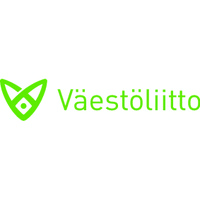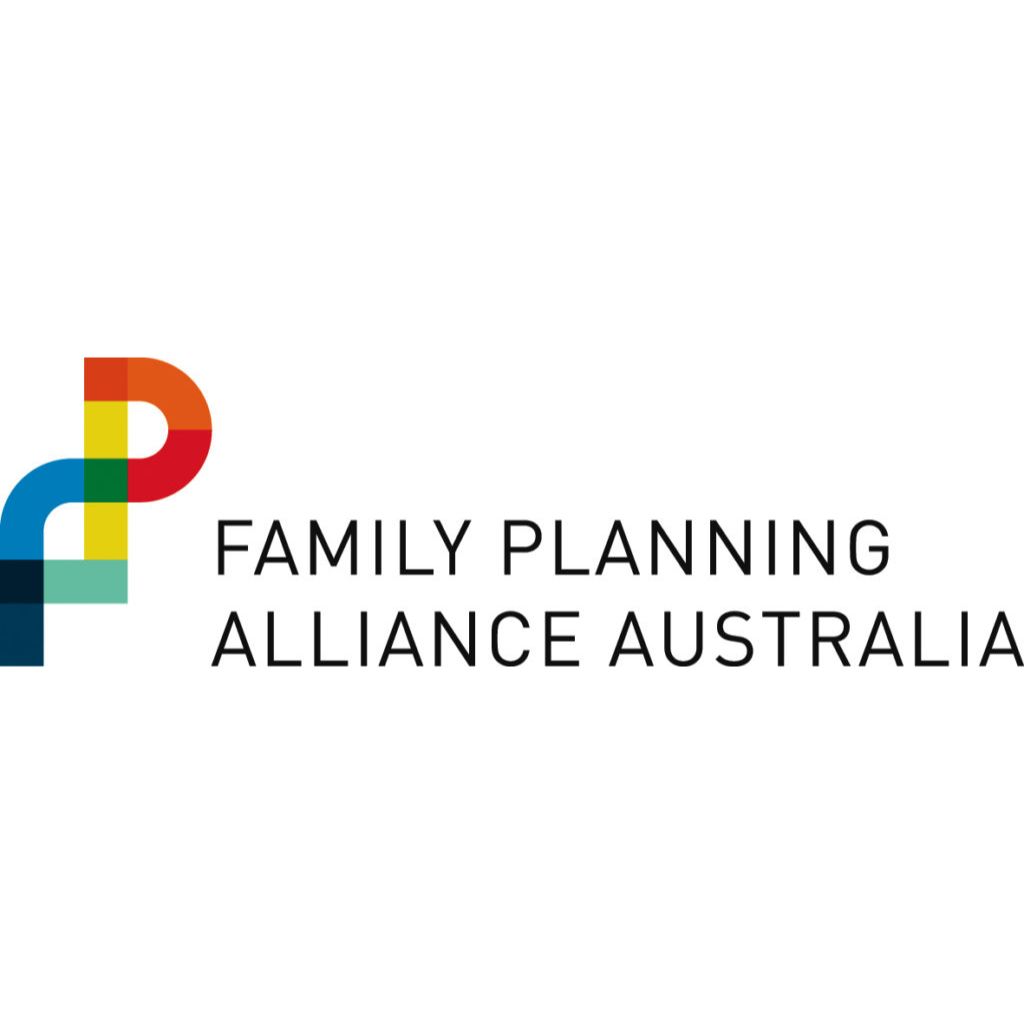

| 31 March 2016
Väestöliitto (The Family Federation of Finland)
Väestöliitto is a non-governmental-organization working in the field of social services, health and human rights. Väestöliitto was founded in 1941 and is composed of 35 member organizations. Within a global network, Väestöliitto, Finland’s leading sexual rights organisation, works to promote sexual health and rights and gender equality. Through their activities the Väestöliitto works to allow every individual and couple to make free, responsible and informed choices about their sexuality, such as, forming close relationships, getting married, using contraception, and having children. Within the scope of this aim, Väestöliitto works to stop gender based violence. Väestöliitto’s operations are divided into services for citizens, research, and advocacy. Väestöliitto promotes family-friendly policies, sustainable population policies, and sexual and reproductive health and rights (SRHR) in Finland, Europe, and globally. All of Väestöliitto’s advocacy aims to further the UN’s goals for sustainable development. Väestöliitto provides online-services for people of all ages at Hyvä kysymys online service. Väestöliitto also has chat service for young people focusing on sexual wellbeing. Väestöliitto provides a helpline telephone and web service for boys and young men.

| 31 March 2016
Family Planning Alliance Australia
FPAA is a long-standing alliance of the key sexual and reproductive health organisations from each of the Australian states and territories and is their national policy and advocacy voice. Through the IPPF network FPAA links internationally with organisations of like mind, to further sexual and reproductive health and rights for all. Our work cuts across national government strategies and policy frameworks in the portfolios of health, education, gendered violence, e-safety, child sexual abuse and international development. FPAA members provide a wide range of integrated sexual and reproductive health services that include health promotion, prevention, early intervention, diagnosis, treatment and support. We build capacity and strengthen systems by translating the best available evidence into information and education for individuals, community, and health professionals. We are inspired by working in partnership with our priority populations which include people who are: young women of diverse genders and sexualities Aboriginal and Torres Straits Islander of all abilities of all cultures While services, collaborations and cross-referral pathways may vary in each state or territory, our work is always intersectional. We feel privileged to be contributing to the bigger picture.







